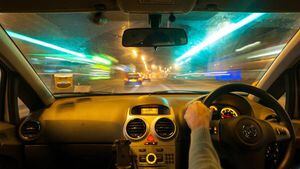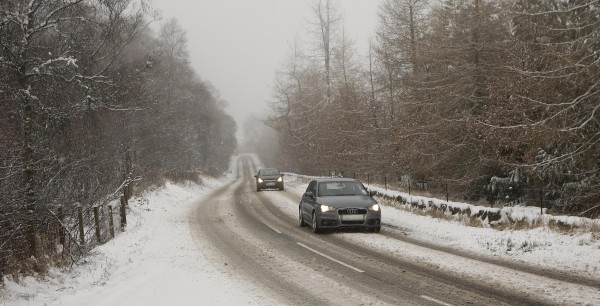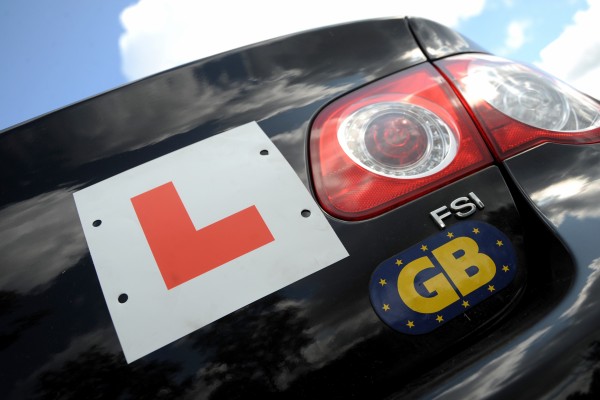Night-time lessons ‘would reduce new driver crashes’
Inexperience and lifestyle factors play a key part in crashes but these could be reduced through better education, according to a road safety organisation

Learner drivers should get night-time training to help cut the number of new motorists crashing after dark, says a road safety organisation.
IAM Roadsmart says work needs to be carried out to find out why young drivers tend to learn some road skills quickly while taking longer with others.
The organisation points to research that shows young motorists are involved in a higher rate of incidents caused by poor judgment in difficult driving conditions and when driving at night – the latter potentially being caused by lifestyle factors.

It suggests that learner drivers could have lessons at night to give them additional experience before driving alone.
The report published by the organisation also notes that despite their reputation, young and novice drivers quickly learn how to avoid ‘single vehicle loss of control collisions’ – for example, when driving too quickly on a country road. It says this shows they adapt to these situations rapidly.
However, the study also found that these drivers took longer than average to learn how to use slip roads on motorways properly, highlighting that the government’s move to allow learners to have motorway lessons was fully justified.
IAM Roadsmart has called for further research into why some skills, such as avoiding single-vehicle collisions, are learnt more quickly by young drivers, so that lessons can tackle those that take longer.
Sarah Sillars, IAM Roadsmart chief executive, said: “It is really useful to learn more about how young drivers are gaining the experience they need to have a safe driving career.
“However, analysing the results, it is vital that government, road safety bodies and the driver instruction industry work together to generate new strategies to target those skills that are not being learnt at the fastest rate.

“It also shows that in the formative years of driving, there is clearly a need for post-test training to continue, to build experience that can reduce the number of needless tragedies on our roads.”
Further research from the report showed that habits are changing, as fewer 17-to-20-year-olds are driving now, with young people cycling and walking more. It also noted that the collision rate for that age group had declined more quickly than it had for motorists aged 21 to 29 between 2002 and 2015.





